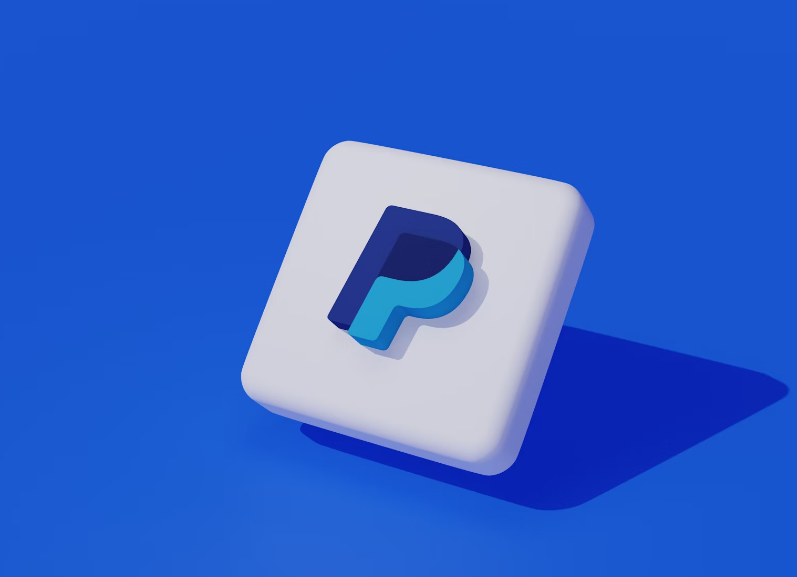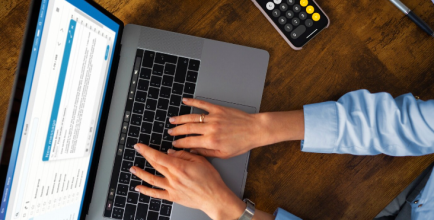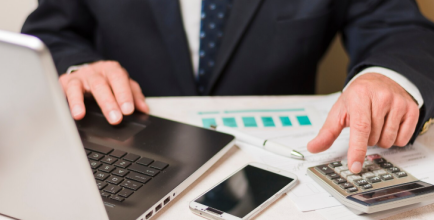Why Confirming Your Bank Account is Crucial
The verification of your bank account with PayPal is a critical step in unlocking the full capabilities of this platform, significantly enhancing your financial mobility. Without this confirmation, PayPal imposes restrictions on the amounts you can withdraw or transfer, effectively capping your transactional freedom.
By verifying your account, you not only lift these limits but streamline your transactions by eliminating the need to repeatedly enter your financial details for each operation. While it’s possible to operate a PayPal account solely through a linked debit card, bypassing the need for a bank account, this arrangement confines you to a set of limitations on your account’s functionality.
Verifying your bank account with PayPal not only frees you from these constraints but also fortifies the security and efficiency of your online financial activities.
How to Confirm Your Bank Account with PayPal
Ensuring your bank account is connected to PayPal is an essential step towards leveraging all the functions this platform has to offer. PayPal allows the linking of various bank account types, including online, business, and personal bank accounts from the United States. Additionally, in certain countries, local bank accounts can also be integrated with your PayPal account, making it highly versatile. The prerequisite for linking any bank account is that it must be capable of both sending and receiving payments.
To verify your bank account with PayPal, you can choose between two primary methods: Instant Bank Verification and the Random Deposit Method. Each approach caters to different preferences, offering flexibility in how you wish to confirm your banking details with PayPal. In the upcoming sections, we will explain both methods in detail, aiding you in selecting the one that aligns best with your needs.
Method 1: Instant Bank Verification
Instant Bank Verification offers an expedient route to confirm your bank account with PayPal, allowing for immediate linkage. This process involves authenticating your bank account directly through PayPal’s interface. To execute this method, follow the detailed steps below:
- Navigate to your PayPal account, either personal or business.
- Select the “Wallet” tab located at the top portion of the page.
- Identify your bank by typing its name or picking it from the available options.
- Input your online banking user ID and password when prompted.
- PayPal will then cross-check these credentials with your bank.
This real-time verification mechanism usually concludes within minutes. Upon successful confirmation of your details, your bank account and PayPal account become instantly interconnected, streamlining your future transactions.
Method 2: Random Deposit Method
The Random Deposit Method is a secure alternative that, while not as quick as Instant Bank Verification, is still an efficient process for linking your bank account to PayPal. Here’s how to proceed:
- Sign in to your PayPal account.
- Go to the “Wallet” section found at the top of the page.
- Click on the “Link a card or bank” option, then select “Link a Bank Account.”
- On the following page, you can either input your bank’s name in the search field or select it from the provided list.
- Enter your bank’s routing number along with your account number.
- Read through the terms and conditions carefully, then click “Agree and Link.”
- PayPal will dispatch two small deposits to your bank account, generally a few cents each. It typically takes 2-3 business days for these deposits to appear, depending on your bank.
- Once you notice the deposits in your account, indicated by “PayPal” as the sender, log back into PayPal and navigate to the “Wallet” section again.
- Click on the bank account you wish to verify and input the exact amounts of the two deposits.
- After submitting the amounts, you will receive an email confirmation, signifying that your bank account is now fully linked and verified with PayPal.
This method ensures your bank account is securely connected to PayPal without any transfer fees, as PayPal covers the cost of the deposits.
Conclusion
Successfully verifying your bank account with PayPal marks a significant milestone in optimizing your online financial transactions. By following the steps outlined in this guide, you can rest assured that your PayPal account is not only more secure but also equipped to handle larger transactions with ease.
The confirmation of your bank account broadens your financial horizons, allowing for a smoother, more efficient operation of your PayPal account, whether for personal use, business transactions, or both. Remember, should you encounter any issues during the verification process, PayPal’s customer support is readily available to assist you. By ensuring your bank account is linked and verified, you’re setting the stage for a more flexible and secure online financial experience.



